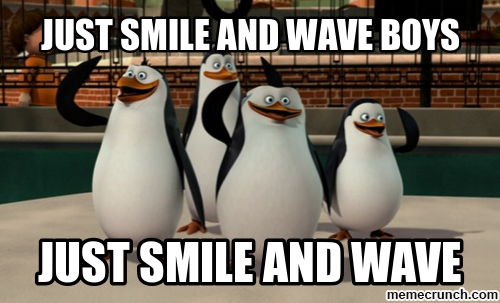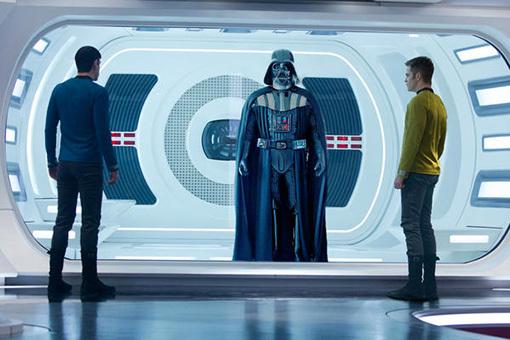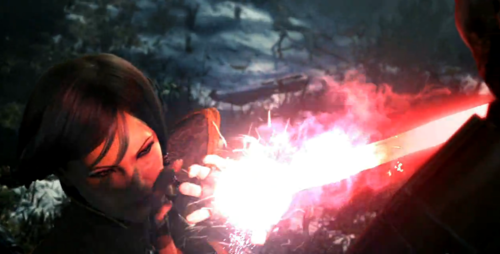I’d be more than happy to help you with working out your 6 Aspects. I’ve been helping write them for a few years now and have it down to a science ;). Most of the time, you want to say 21 Questions about your character. But often, you can sum up multiple questions into a single Aspect, and hone it down.
Less is (in most cases when it comes to story telling) more. I’m not sure if this comes from my screenwriting background over more conventional narrative writing, but if you’re struggling to explain your character to someone in more than 6 “talking points”, you’re probably overthinking.
There are primary traits that make a character stand out, and then there are secondary traits. When invested in our characters, we can escalate the importance of a lot of these “secondary” traits that we feel are super important for people to know, but can really be covered within your characters backstory or in a section on your Wiki.
If being afraid of fire stems from a childhood accident in which they were trapped in a burning building–you can treat this two ways. A.) It was traumatizing enough that anytime your character sees fire they have flashbacks and fear overwhelms them. This is worthy of an Aspect, as it’s important to how your character goes about their life and would be presented in a world of Dark Jedi that are always going off to war or vendettas. Or, maybe that fear is what drives them to avoid combat altogether, and stay with the safety of books and tomes. (I just pretty much wrote an Aspect right there as I was typing this out. Heh.)
Option B.) Your character doesn’t like fire, but it is not debilitating or something that will cause them to stop. It is an important part of their character history, and something that, if delving deep into the character, you could easily bring up, or organically work into a story.
But…the Character Sheets are designed to be a “snapshot” of your character. A synopsis. Let’s take a popular character for example. Han Solo.
When you describe Han Solo to someone, how do you do it?
-
He’s a smooth talker.
-
He’s a survivor.
-
Has a long lasting friendship with a Wookie who owes him a lifedebt.
-
He’s a quick shot with a blaster.
-
He’s an ace pilot.
-
He’s fearless enough to try and blast the most terrifying figure in the universe with his blaster instead of running away.
Sure, there are other smaller elements that make Han Solo cool and likeable. But really, that’s what you’re looking at. It’s a snapshot. And from that, I was able to pick 6 important elements of Han Solo’s character that help describe the archetype that has been mirrored endlessly of the years in other fiction.
We will not be adding any additional Aspects slots.
The Voice Staff has helped countless members of varying backgrounds with their custom aspects. I personally will sit down with you if you’re really struggling, just shoot the Voice Staff an email at djb-voice-staff.googlegroups.com. If you’re really REALLY struggling, feel free to poke me directly at djbwally@gmail.com.
Typically, it’s easier for me to work out of a Google Doc, so if you draft your notes and get everything that you feel “defines” your character and get into one, I can then slip in, comment, and offer suggestions on how to craft your characters 6 defining Aspects.
Touching again on phobias in general: the way that myself and the powers that be see it is that if a phobia is a big enough deal to your character, it can be worked into an Aspect. If it’s something that just adds more flavor to your character? It can stay on your wiki with your character history.
The CS’s were not meant to replace your characters wiki. They do, however, work together.
You eventually get to the point where you need to have a “field” for a characters “favorite color” field. Things like this are great to be added to a wiki page.
Sil, the Questionnaire you sent me about your character? All of those things could be put into a section on the wiki for “things to know about Sil”. I’ve seen that done a few times really well.
Hopefully this helps explain the collective thinking behind Aspects and you don’t think that we’re just bluntly saying “no”.
-W























